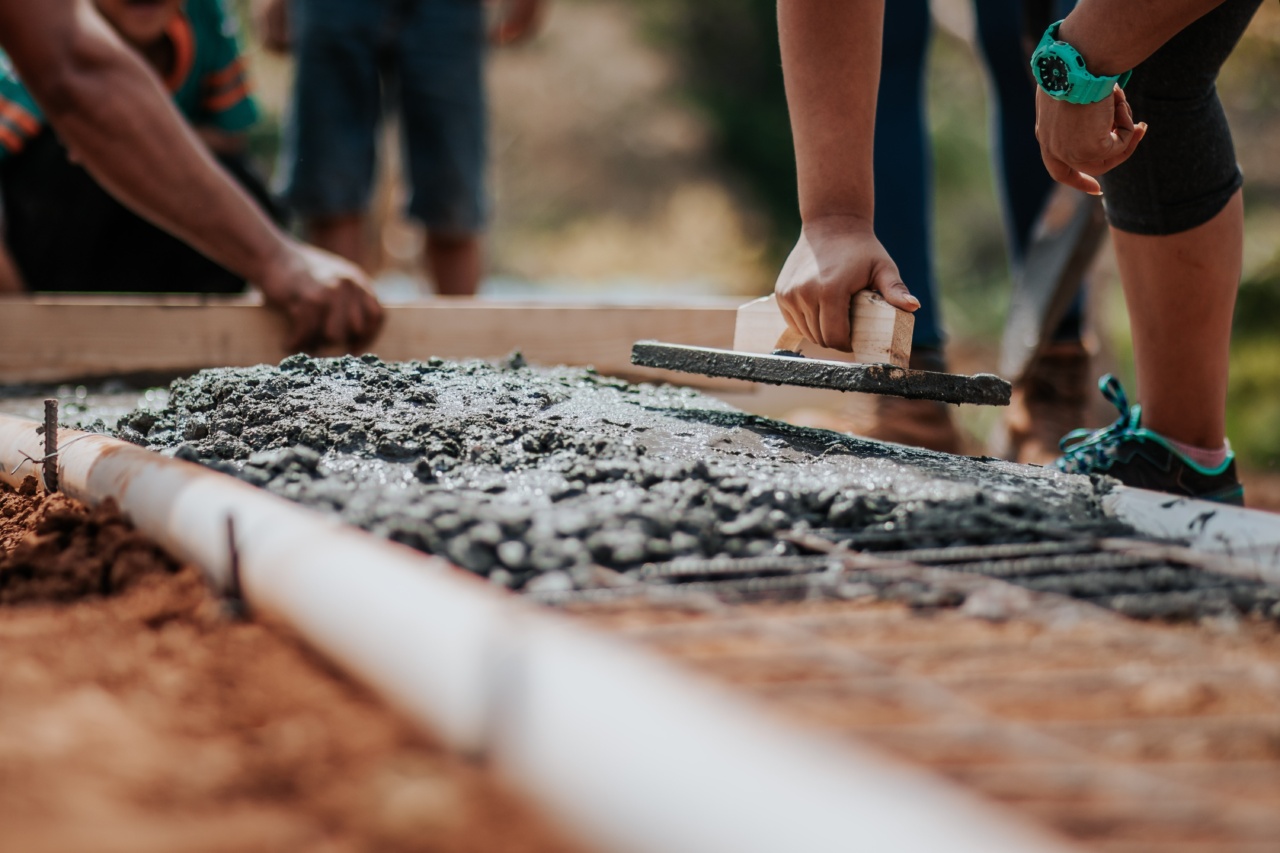When it comes to building muscle, protein is an essential macronutrient. While meat and dairy are commonly associated with high protein content, many vegetables also contain significant amounts of protein.
Including these protein-packed vegetables in your diet can not only provide the necessary amino acids for muscle growth but also offer a range of other vital nutrients.
1. Spinach
Spinach is not only packed with iron and vitamins, but it’s also an excellent source of protein. With about 5 grams of protein per cooked cup, adding spinach to your meals can help support muscle growth and recovery.
2. Broccoli
Broccoli is not only a fiber-rich vegetable but also contains a fair amount of protein. With approximately 3 grams of protein per cooked cup, broccoli can be a great addition to your muscle-building diet.
3. Brussels Sprouts
Brussels sprouts not only provide fiber and vitamin C but also offer a decent protein content of about 4 grams per cooked cup. Including these mini cabbages in your meals can contribute to your protein intake.
4. Peas
Peas are not only a versatile vegetable but also a good source of protein. With around 8 grams of protein per cooked cup, peas can be an excellent addition to your muscle-building recipes.
5. Kale
Kale is a nutrient-dense leafy green that offers various health benefits, including protein content. With approximately 3 grams of protein per cooked cup, kale can contribute to your muscle-building goals.
6. Asparagus
Asparagus is a low-calorie vegetable packed with essential nutrients, including protein. With about 4 grams of protein per cooked cup, asparagus can be a valuable addition to your muscle-building meals.
7. Artichokes
Artichokes not only provide dietary fiber but also contain a decent amount of protein. With approximately 4 grams of protein per cooked medium-sized artichoke, this vegetable can support your muscle-building endeavors.
8. Green Beans
Green beans are not only rich in vitamins and fiber but also offer a moderate protein content. With around 3 grams of protein per cooked cup, green beans can be a valuable addition to a muscle-building diet.
9. Edamame
Edamame, or young soybeans, is a high-protein legume that can help you meet your muscle-building protein needs. With approximately 17 grams of protein per cooked cup, edamame is a powerhouse vegetable for fitness enthusiasts.
10. Cauliflower
Cauliflower is a low-calorie cruciferous vegetable that offers numerous health benefits, including a fair amount of protein. With around 3 grams of protein per cooked cup, cauliflower can be an excellent addition to your muscle-building meals.
11. Mushrooms
Mushrooms are not only a great source of vitamins and minerals but also offer a reasonable protein content. With approximately 2 grams of protein per cooked cup, incorporating mushrooms into your meals can contribute to your protein intake.
12. Corn
Corn, although mainly considered a carbohydrate, also contains some protein. With approximately 5 grams of protein per cooked cup, corn can be a tasty and protein-rich addition to your muscle-building diet.
13. Sweet Potatoes
Sweet potatoes are not only delicious but also offer a fair amount of protein. With around 4 grams of protein per medium-sized cooked sweet potato, they can provide an energy boost along with muscle-building support.
14. Beetroot
Beetroot is a versatile vegetable renowned for its health benefits, including protein content. With around 2 grams of protein per cooked cup, beetroot can contribute to your muscle-building diet while offering a pop of color to your plate.
15. Lentils
Lentils are legumes that are not only rich in fiber but also offer a significant amount of plant-based protein. With approximately 18 grams of protein per cooked cup, lentils are an excellent option to support muscle growth and recovery.
By incorporating these protein-packed vegetables into your meals, you can enhance your muscle-building journey.
While they may not provide as much protein as animal-derived sources, they still play a crucial role in meeting your protein requirements and promoting overall health.
Remember to balance your diet with other protein sources such as lean meats, poultry, fish, dairy, and plant-based protein alternatives to ensure you are getting a variety of essential amino acids and nutrients necessary for muscle growth and repair.
Combine these protein-packed vegetables with regular exercise and a well-rounded diet to maximize your muscle-building potential.





























